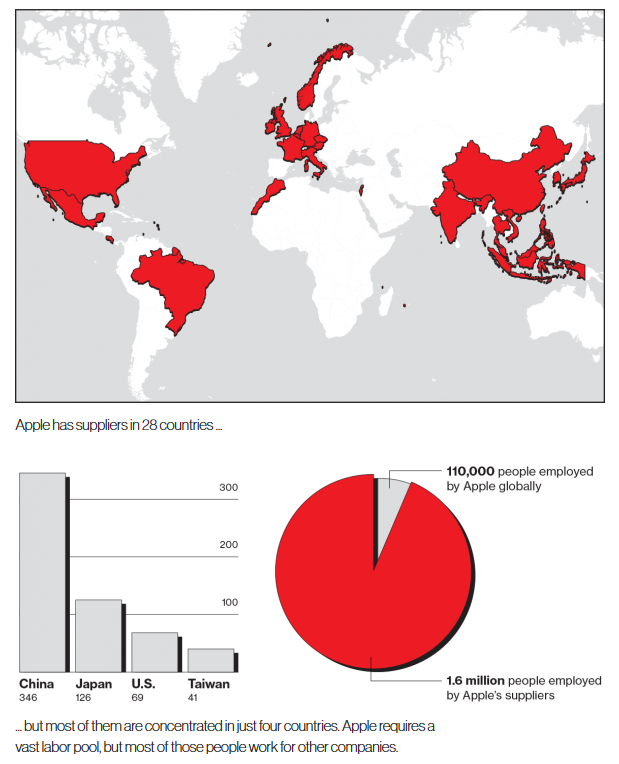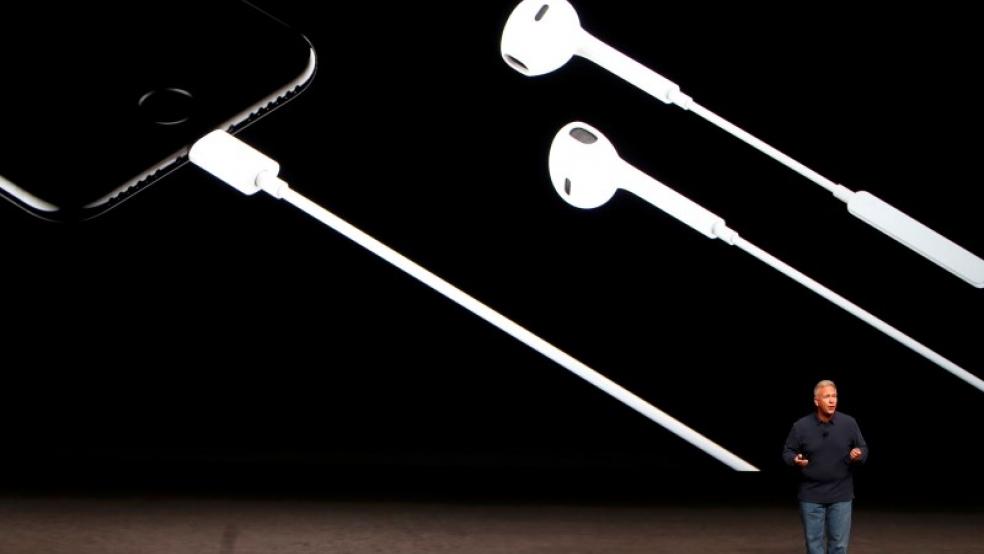Among his many campaign promises, presumptive Republican presidential nominee Donald Trump has said that he would get Apple to start manufacturing its phones and computers in the United States.
Democratic candidate Bernie Sanders has also suggested that Apple should make some of its phones domestically. But neither candidate has discussed how such a change would affect the price of the expensive smartphones.
Related: Four Reasons Apple's Earnings Miss Is Such a Big Deal
A new analysis published last week in the MIT Technology Review crunched the numbers to find out. The author, Konstantin Kakaes, evaluated two scenarios to come up with an answer.
Under the first scenario, Apple would continue to source the parts for its iPhones globally but would assemble them in U.S. factories. That would add about $30 to $40 to the price of an iPhone 6s Plus, which sells for $749, bringing the total cost to $779 to $789.
Under the alternative scenario, Apple would both make the components and assemble them in the U.S., which would add an additional $30 to $40 to the price of a phone, bringing the total to $809 to $849.
The author points out that it would be virtually impossible to manufacture an iPhone without sourcing some raw materials globally. Many of the materials used to make a phone aren’t mined in the United States. For example, China produces 85 percent of the world’s rare earth metals, such as neodymium, which is used in the motor that makes the phone vibrate, and lanthanum, which is used in the camera lens.

Source: MIT Technology Review





